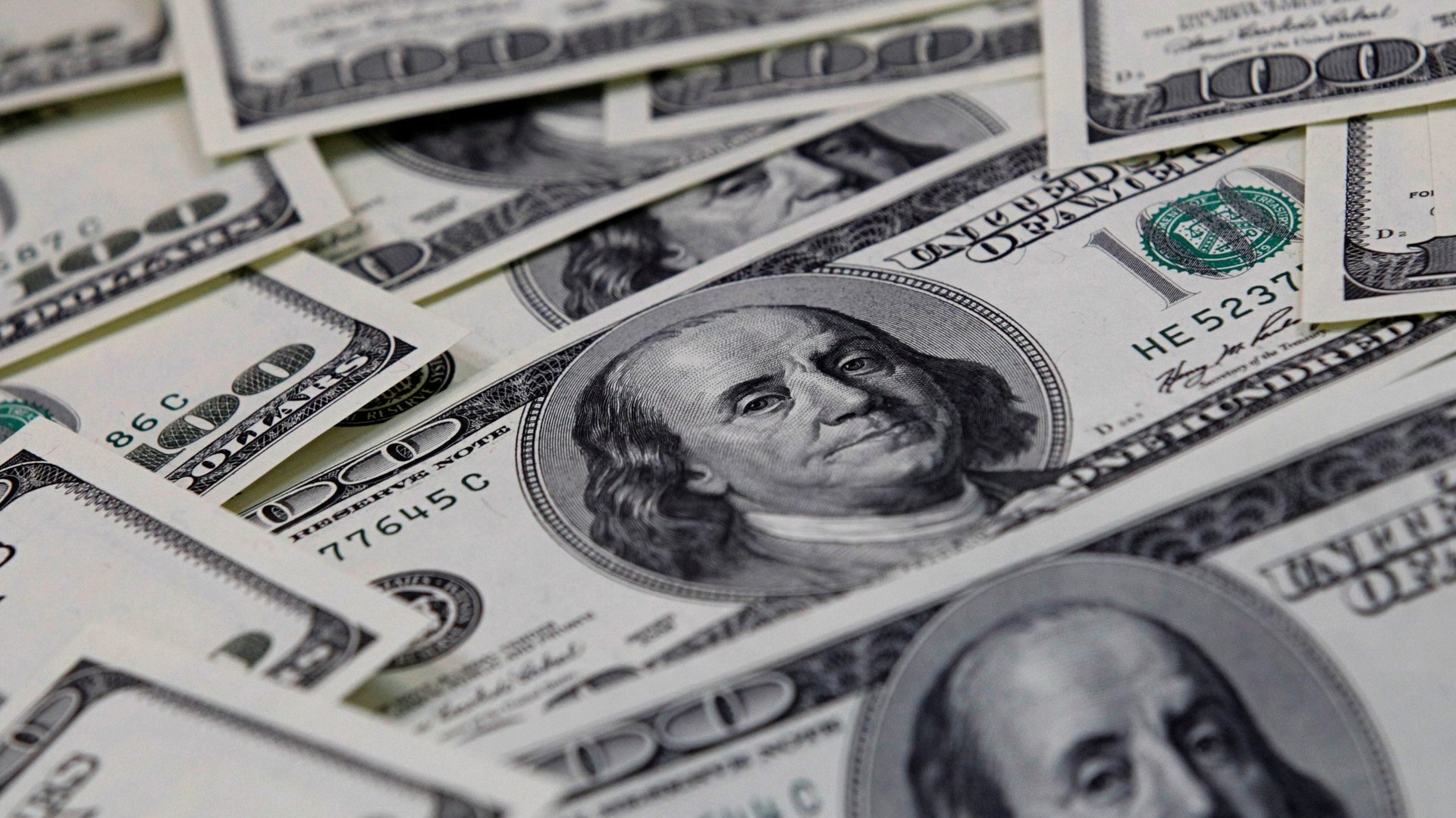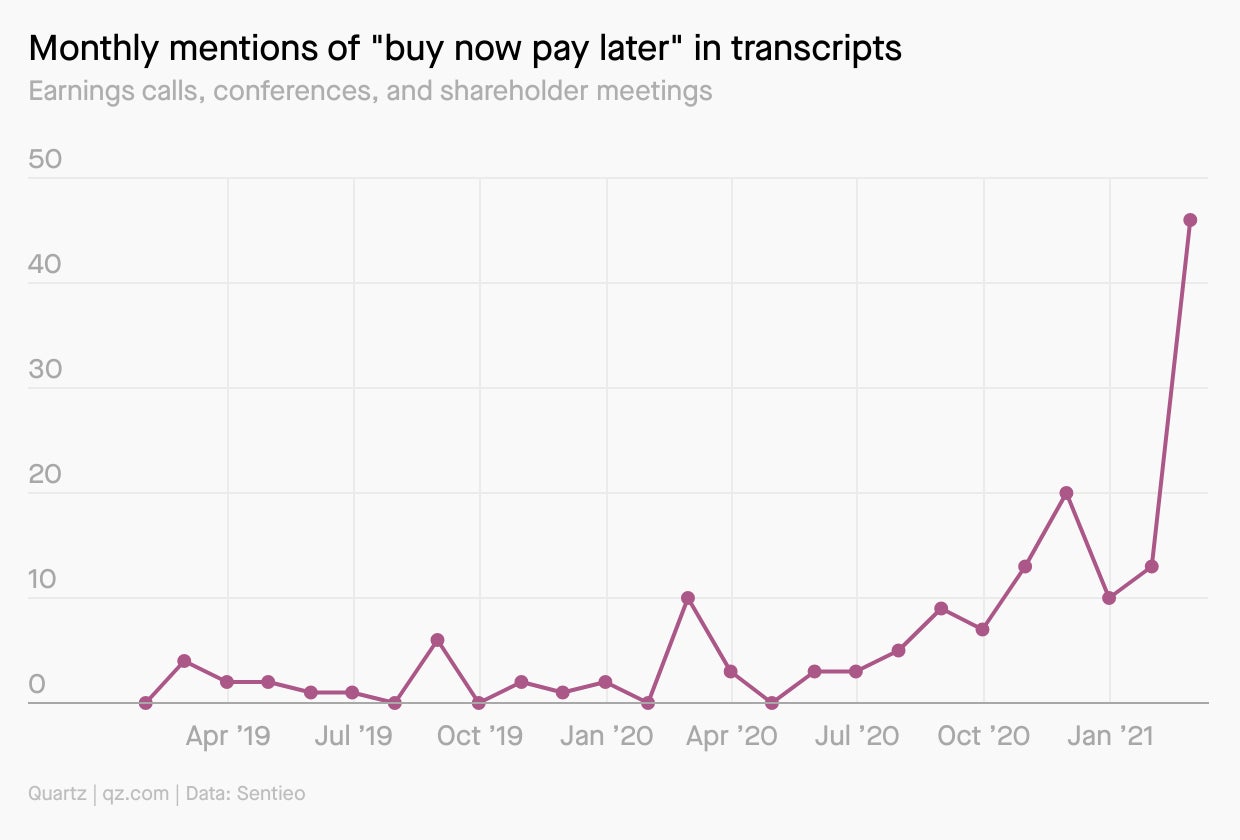US stimulus, Russia’s Twitter throttling, pandemic-iversary
Good morning, Quartz readers!


Good morning, Quartz readers!
Here’s what you need to know
The US House passed the $1.9 trillion stimulus package. President Joe Biden is expected to sign the bill tomorrow. Separately, the Senate confirmed Merrick Garland as attorney general.
China and the US will hold high-level talks in Alaska. The countries’ top diplomats will meet on Mar. 18, but are not expected to immediately return to regular bilateral senior-level dialogues.
Australia’s free-trade deal with the EU looks trickier. The bloc said it won’t ratify any such deal with Canberra until it can offer a “clear vision” on when and how the country can become climate neutral.
Facebook wants US antitrust lawsuits against it dismissed… It argued that cases filed by the Federal Trade Commission and dozens of states failed to prove it had a monopoly or that it had hurt consumers.
…and axed a planned US-Hong Kong undersea internet cable. The company withdrew its bid for the project over national security concerns from US officials, just as Beijing is set to approve rules to impose authoritarian elections on Hong Kong.
Russia throttled Twitter. The country slowed down access to the platform over alleged failures to remove posts related to suicide, drugs, and pornography.
South Korean firm Coupang starts trading in New York. The SoftBank-backed e-commerce firm reportedly raised over $4 billion in its IPO.
What to watch for
A year ago today, the World Health Organization finally declared that a new respiratory disease had become a serious global crisis. “Pandemic is not a word to use lightly or carelessly,” said WHO director-general Tedros Adhanom Ghebreyesus.
Things were looking pretty dire, even then. But Tedros had practical advice to offer on how to counter further threats:
1️⃣ Prepare and be ready.
2️⃣ Detect, protect, and treat.
3️⃣ Reduce transmission.
4️⃣ Innovate and learn.
Most countries failed to effectively follow these steps, however, to deadly consequence on a global scale. But with more vaccines being administered every day, the pandemic looks as if it can, in fact, end. Will the world take Tedros’s “innovate and learn” to heart?
To keep track of all major pandemic-related economic developments—from European economies to retail, China, and airlines—we recommend making the Quartz coronavirus living briefing part of your routine.
Charting digital lending plans
Corporate executives are talking more than ever about “buy now pay later”—the slick digital lending that is a hit with Gen Z and millennial shoppers. The question is: Will it disrupt the $8 trillion credit card industry? And will these loans encourage a new generation to borrow more than they can afford? John Detrixhe explains the dynamic for you.

What would you pay for a virtual sofa?
Last month, a line of “virtual furniture” earned its creator nearly half a million real dollars on Nifty Gateway, one of several online auction sites for blockchain-backed digital assets. To be clear, nobody can actually sit in this furniture—nobody made of flesh and blood anyway. But lucky owners can use their new assets to decorate their virtual worlds and gaming environments.

Non-fungible tokens, or NFTs, are changing the art and design industries. Some say it’s the great democratization of art, but some say NFTs are literally destroying the planet. Anne Quito will let you make the call.
✦ Anne’s covering the ways the businesses of art, design, and architecture are evolving. Read her stories and everything else on our site with a Quartz membership, especially designed to gracefully scale paywalls. Try it out for a week, free.
Surprising discoveries
“Make your company great again!” with a Donald Trump Buddha statue. That’s the company’s sales pitch, anyway.
Earth has an inner-inner core. Scientists believe they have found evidence of a hidden layer.
Global shark populations have dropped 70% since 1970. Conservationists say fisheries need to step up to prevent species of the predator from going extinct.
A commodities trader bought $36 million of painted rocks. The company thought it was purchasing copper.
Pollen can make you more susceptible to Covid-19. Even if you aren’t allergic to the stuff.
Our best wishes for a productive day. Please send any news, comments, shiny rocks, and shark feelings to [email protected]. Get the most out of Quartz by downloading our iOS app and becoming a member. Today’s Daily Brief was brought to you by Jane Li, Mary Hui, Hasit Shah, Susan Howson, and Liz Webber.